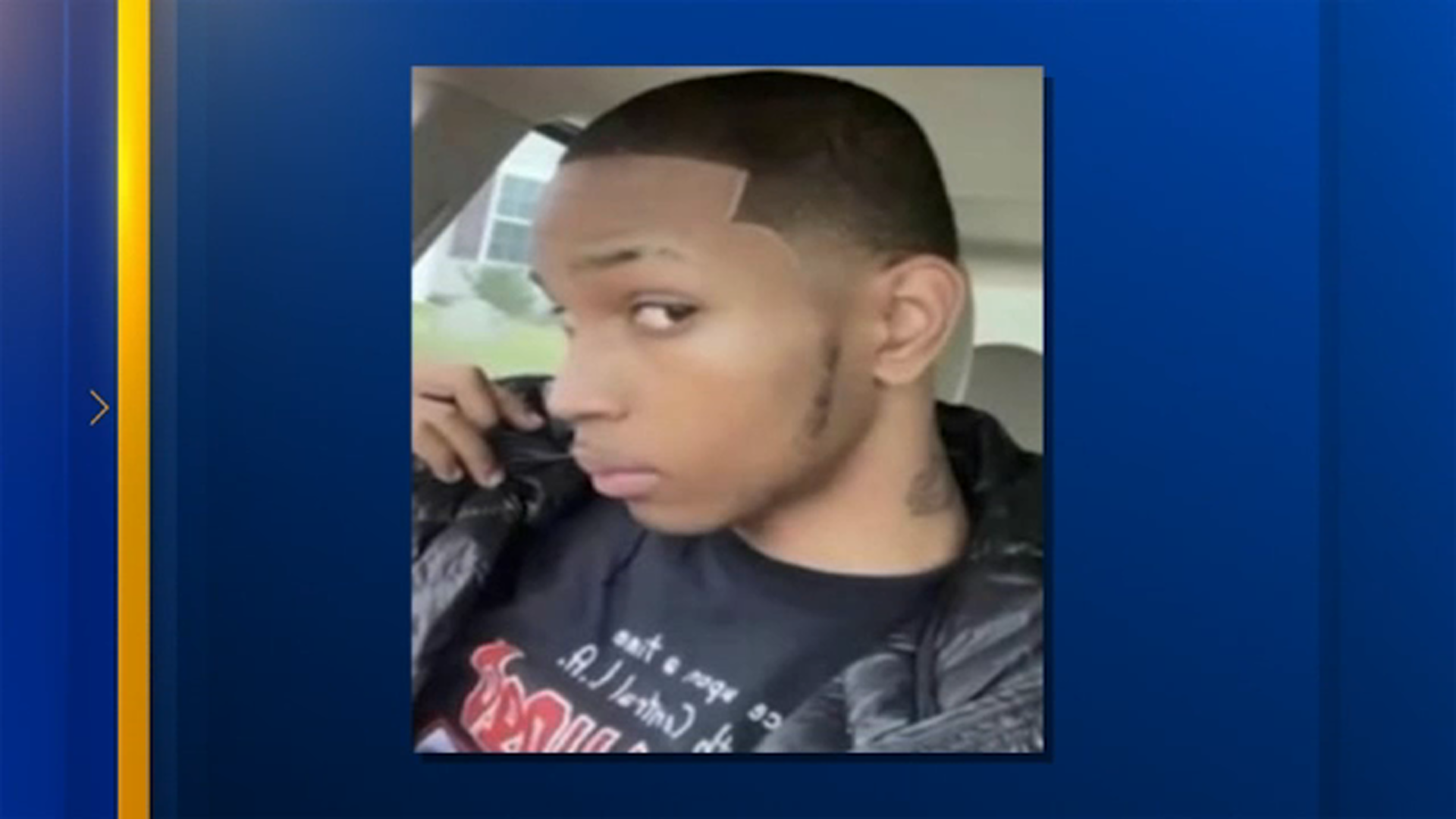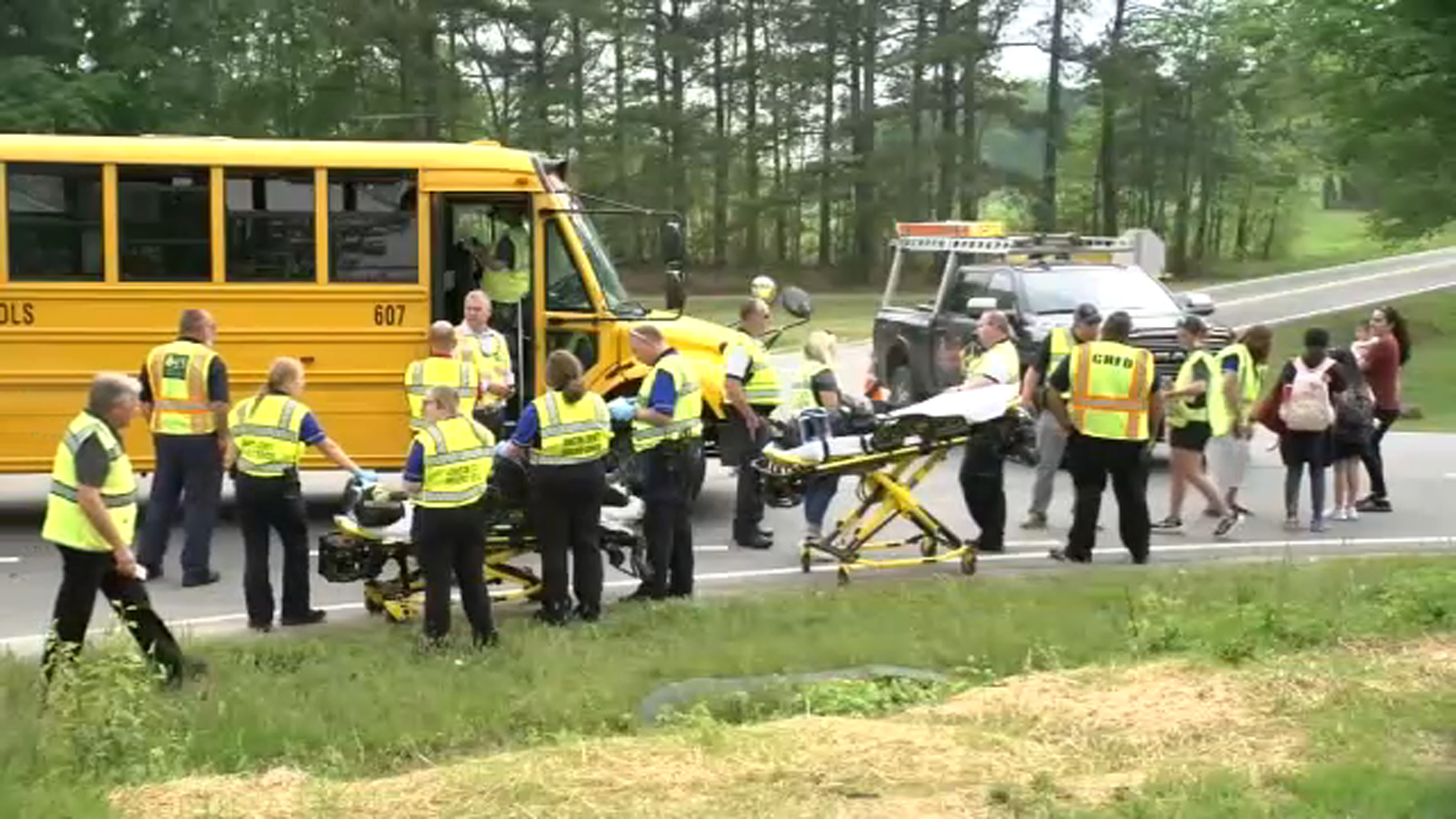UNC-Chapel Hill student working to reform state's juvenile justice system

CHAPEL HILL, N.C. (WTVD) -- A UNC-Chapel Hill student is taking on an important role in reforming the juvenile justice system as he works to complete his college coursework.
Greear Webb has been appointed by Governor Roy Cooper to the North Carolina Juvenile Planning Committee.
"I'm definitely honored to be one of the youngest on the committee," said Webb. "I think that's very powerful to have young people not only at the table, but influencing the decisions that are going to be made."
The committee kicked-out efforts at the end of last year and began drafting its multi-year comprehension plan.
It is looking for ways to create an equitable environment in schools so when consequences are handled out, they are done so fairly.
Webb says students should learn from their mistakes instead of getting trapped in the school-to-prison pipeline.
Web
"(To) really set our students up across North Carolina success, we have to get to the root of the problem and that starts early," he said.
The Southern Coalition's Racial Equity Record Card points out Black students in North Carolina were 4.1 times more likely than white students to receive short-term suspension.
The data shows 45 percent of all juvenile delinquency complaints in the county were school-related.
The report also notes that out-of-school suspensions increase a student's chance of experiencing negative academic outcomes and future court involvement.
"Black people are more wrongfully accused than their white counterparts," said Webb. "They are assessed more jail time or prison time than their white counterparts, and to understand they are also disciplined at higher rates at our elementary, middle and high schools across the state is very concerning."
Webb says youth, justice and education works in concert when it comes to creating a better society.
He's just one student working to help others.
"North Carolina can really be a model, a model state, when it comes to juvenile justice and when it comes to criminal justice," said Webb.
The committee is scheduled to meet in February.









